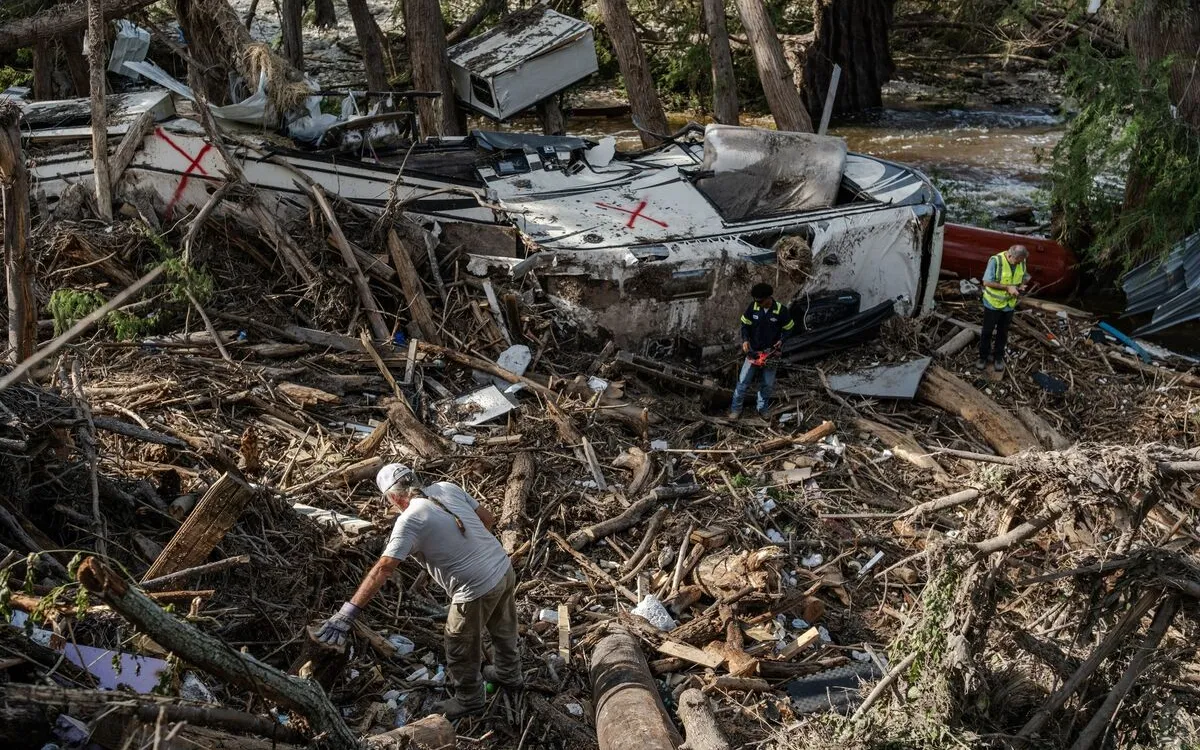
In a recent statement, Homeland Security Secretary Kristi Noem has reiterated her strong call for a comprehensive overhaul of the Federal Emergency Management Agency (FEMA). This declaration comes at a critical time as FEMA is actively engaged in search and recovery efforts following the devastating flooding in Texas, which has tragically resulted in over 100 fatalities.
During a video conference at the FEMA Review Council meeting held in New Orleans, Noem expressed her belief that the entire structure of FEMA needs a complete transformation. She stated, “This entire agency needs to be eliminated as it existed and remade into a responsive agency.” This bold assertion highlights her commitment to reforming federal disaster response strategies.
Noem emphasized that the future of federal emergency management should be rooted in state and local leadership rather than the longstanding centralized approach that has characterized FEMA's operations for decades. This perspective aligns with her vision of creating a more agile and effective federal response mechanism that can better serve communities during times of crisis.
As FEMA continues to assist with the ongoing recovery efforts in Texas, the agency faces scrutiny over its effectiveness and preparedness in addressing natural disasters. The recent flooding has prompted discussions about how federal agencies can adapt and improve in the wake of increasing climate-related challenges.
Noem's comments have sparked a broader conversation about the need for reform within FEMA, as officials and citizens alike seek solutions that prioritize rapid and efficient responses to emergencies. The call for change is not only timely but essential, as communities look for assurance that their needs will be met during future disasters.
As the recovery efforts in Texas continue, the future of FEMA hangs in the balance. With leaders like Kristi Noem advocating for a significant restructuring of the agency, the conversation around emergency management reform is more crucial than ever. It remains to be seen how these discussions will shape the agency's direction and enhance its ability to respond to emergencies across the nation.